The meta tags SEO tutorial has been online for well over a decade, it’s been updated regularly, last update May 2020.
There used to be a time when the contents of a webpages Meta Tags were very important to search engine rankings, it was around about the same time the Berlin Wall was still standing!
For Google SEO 2020 meta tags hold little value to Search Engine Optimization (SEO) per se, in fact as Google’s latest algorithms take web page loading times into account as a ranking factor (faster load times = better rankings) adding code (meta tags like the keywords meta tag) that Google ignores is SEO damaging (more to download = slower load times)!
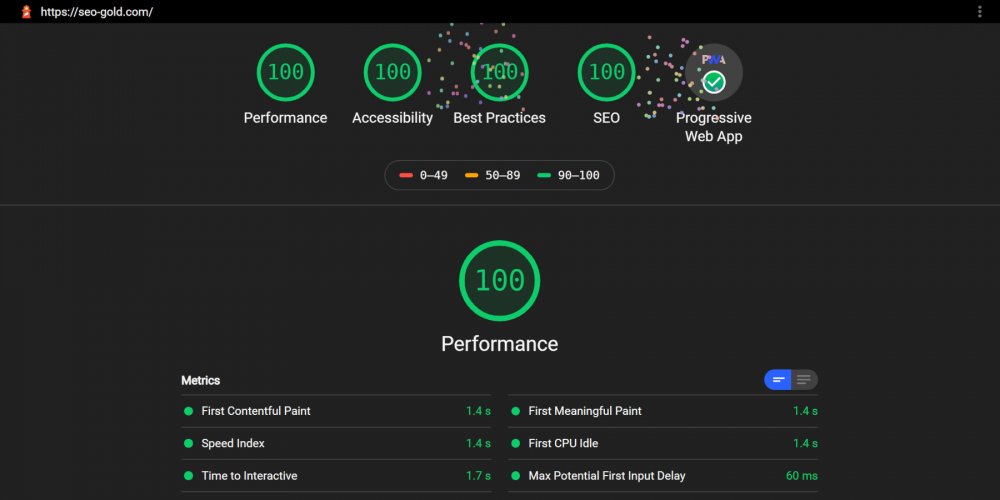
If a meta tag has no SEO value and/or no value to visitors and you want amazing Google Lighthouse speed results like you see with the SEO Gold Coast website, don’t use it.
What Are Meta Tags?
Way, way back when that wall was still upright search engine algorithms were so dumb they couldn’t work out what a page was about just from the content.
Some bright spark had the ingenious idea to create a set of hidden HTML tags (meta tags) that inferred information about a pages content to the search engines: hidden in the head of a web page.
Does Google Use Meta Keywords?
Meta tags were a great idea, except there was nothing to stop a webmaster or black hat SEO expert keyword stuffing or spamdexing their Meta Tags with irrelevant, but very high traffic keywords and keyword phrases. Which of course webmasters and SEO consultants did with enthusiasm, you could find adult sites using keywords like Disney and Pokemon in their Keywords Meta Tag for the high traffic: Disney Porn, it was the in thing back then!!!
Today the vast majority of meta tags are worthless (Google never used the meta keywords tag) and those that are still considered by search engines aren’t worth that much. Google confers NO DIRECT search engine RANKING benefit from any meta tags, so if you expect a high Google ranking from perfectly optimised keywords in your meta tags, don’t hold your breath.
SEO Caveat: Don’t mistake the above to mean the Title Tag (which isn’t a meta tag) has no value, the title tag is probably THE most important on-page SEO factor to get right.
If a webpage is ranked 5 in Google today, NOTHING you do to the meta description tag or the meta keywords tag will result in a better Google ranking tomorrow.
HTML Meta Tags
Let’s look at the HTML code that generates your web pages meta tags, the screenshot below shows what meta tags look like HTML code wise.
To see a webpages meta tags, load the page in either the browser Firefox or Google Chrome, “Right Click” on the text of the page and click “View Page Source” and a window like the one below will load. I’ve highlighted the meta description tag and meta keywords tag code in blue.
The HTML code for this entire example webpage is below.
There are a LOT of possible meta tags, most of them have no value at all, a few are useful (meta robots tag for example) in specific circumstances, below is the sort of typical HTML code for a basic webpage (very basic).
<!DOCTYPE HTML PUBLIC "-//W3C//DTD HTML 4.01 Transitional//EN" "http://www.w3.org/TR/html4/loose.dtd">
<html>
<head>
<title>Title Element : NOT a Meta Tag</title>
<meta name="description" content="Meta Description Tag : This has no Google ranking value, but could be shown within Google search results, consider this advertising text, make it enticing to potential search engine visitors">
<meta name="keywords" content="Meta Keywords Tag : Google, ignores, the, keywords meta tag, don't, even, bother, adding, meta keywords">
<meta http-equiv="Content-Type" content="text/html; charset=ISO-8859-1">
<link rel="stylesheet" type="text/css" href="style.css" media="all">
</head>
<body>
Main content here
</body>
</html>The title tag isn’t actually a meta tag, if you’ve spent any time researching SEO almost everyone calls it a tag some even the title meta tag, the title is an HTML element: the correct name is the title element.
Unfortunately since I like high traffic SERPs and more users search Title Tag vs Title Element I have to call it the title tag :-( see my Title Tag SEO Tutorial: the title tag is VERY important SEO wise, you should take your time when creating them.
How to Use Meta Tags
I’ve been researching search engine optimization for close to 20 years and on this website you will find I do use some meta tags, BUT I do not expect them to increase rankings directly.
For example I use the viewport meta tag the theme-color meta tag and a whole list of meta tags related to sharing content on social media sites (Facebook, Twitter etc…).
Below is this webpages entire set of meta tags (included the title tag as well, even though it’s not a meta tag). I removed a lot of additional HTML code like rel links to RSS feeds and Google Analytics tracking code, so we only see the meta tags.
<meta charset="UTF-8">
<meta name="viewport" content="width=device-width, initial-scale=1.0">
<title>Meta Tags SEO</title>
<meta name="description" content="Meta tags hold little value to SEO per se, in fact as #Google's latest algorithms include PageSpeed as a ranking factor adding code like the keywords meta tag is #SEO damaging!">
<meta name="theme-color" content="#e9eaed">
<meta property="og:title" content="Meta Tags SEO">
<meta property="og:description" content="Meta tags hold little value to SEO per se, in fact as #Google's latest algorithms include PageSpeed as a ranking factor adding code like the keywords meta tag is #SEO damaging!">
<meta property="og:image" content="https://seo-gold.com/images/meta-tags-seo-value.jpg">
<meta property="og:url" content="https://seo-gold.com/seo-meta-tags/">
<meta property="og:type" content="article">
<meta property="og:site_name" content="SEO Gold">
<meta property="og:locale" content="en_US">
<meta property="article:published_time" content="2004-11-08T05:31:26+00:00">
<meta property="article:modified_time" content="2018-09-17T12:02:33+00:00">
<meta property="og:updated_time" content="2018-09-17T12:02:33+00:00">
<meta name="twitter:site" content="@SEOGoldUK">
<meta name="twitter:card" content="summary_large_image">Each meta tag is used for a reason:
- Character Set
- Viewport Meta Tag
- Title Element
- Description Meta Tag
- Theme Color Meta Tag
- Social Media Meta Tags
- Keywords Meta Tag
Character Set
<meta charset="UTF-8">No impact on a pages search engine placement, the Character set is used by browsers so the right set of characters are used to display your page.
Don’t add one and the browser will use its default (it will guess), this might mean your webpage doesn’t look right to a visitor if you use characters from a particular character set: your visitors will see funny ?s and other weird code.
Viewport Meta Tag
<meta name="viewport" content="width=device-width, initial-scale=1.0">Sets how the page should scale on mobile devices, without a viewport meta tag, mobile devices render pages at typical desktop screen widths, and then scale the pages to fit the mobile screens. Setting the viewport enables you to control the width and scaling of the viewport.
No direct SEO ranking value, but Google considers mobile responsiveness as a ranking factor, so to avoid mistakes it makes sense to add it even if set to the default ‘initial-scale=1.0’.
Title Element
<title>Meta Tags SEO Tutorial</title>The title element or title tag, not a meta tag, but extremely important to Google rankings. Put effort into all title tags, they are so important.
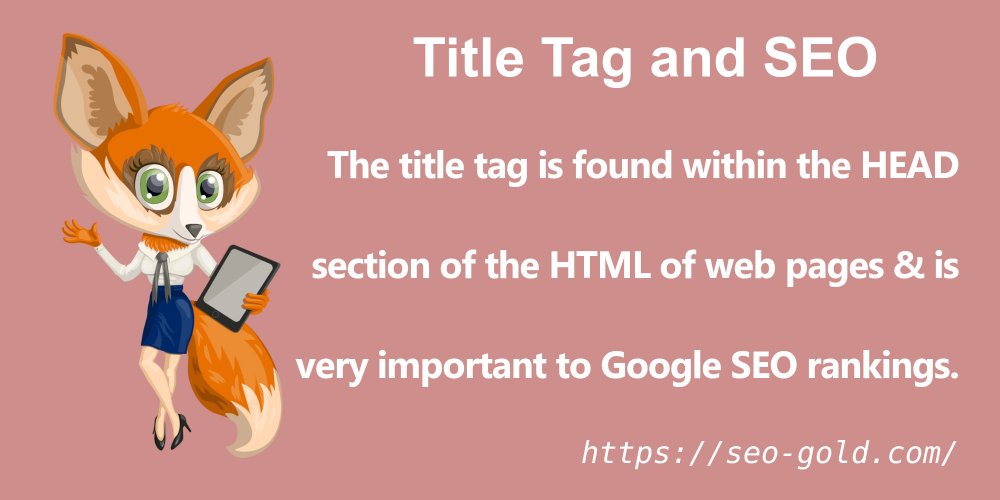
Articles related to title tags:
- Title Tag SEO Tutorial
- Title Tag SEO
- WordPress SEO Title Tag Tutorial
- SEO Analysis of the Amazon USA Website Title Tag
- Title Tag Length, Short or Long, Which is Best?
Description Meta Tag
<meta name="description" content="Meta tags hold little value to SEO per se, in fact as #Google's latest algorithms include PageSpeed as a ranking factor adding code like the keywords meta tag is #SEO damaging!">The meta description tag has no DIRECT SEO value, whether you add one or not will have no impact on the actual position a webpage ranks. Since they have no direct SEO benefit there’s nothing to be gained from keyword stuffing them!
That being said, Google does use them as the description on SERPs, if this page ranked high for the Meta Tags SEO Tutorial SERP there’s a possibility (not a guarantee) Google will use this pages meta description tag which is:
Meta tags hold little value to SEO per se, in fact as #Google’s latest algorithms include PageSpeed as a ranking factor adding code like the keywords meta tag is #SEO damaging!
The way to treat the description meta tag is as an advert. If it is used by Google will it be enticing enough to persuade the searcher to click your link, will it increase the Click through Rate (CTR)?
It’s NOT guaranteed Google will use a description meta tag, but you can increase it’s chances of being used by adding the keywords the webpage is ranking for, but always remember it’s an ad not a ranking factor, so create them like an ad.
If Google ranks this webpage for SERPs related to Meta Tags including the keyphrase “meta tags” within the description increases the likelihood the description will be used. It’s not guaranteed, Google will use a relevant snippet of text from the webpages content if Google decides it’s better than the description meta tag.
Theme Color Meta Tag
<meta name="theme-color" content="#e9eaed">The Theme Color Meta Tag is related to mobile devices and progressive web apps. It’s not a ranking factor per se, but it could be in the future if Google considers usability more important in the future. If you have your site set to also run as a progressive web app (the SEO Gold site is considered a progressive web app) it’s worth adding the theme color meta tag.
Social Media Meta Tags
<meta property="og:title" content="Meta Tags SEO Tutorial">
<meta property="og:description" content="Meta tags hold little value to SEO per se, in fact as #Google's latest algorithms include PageSpeed as a ranking factor adding code like the keywords meta tag is #SEO damaging!">
<meta property="og:image" content="https://seo-gold.com/images/meta-tags-seo-value.jpg">
<meta property="og:url" content="https://seo-gold.com/seo-meta-tags/">
<meta property="og:type" content="article">
<meta property="og:site_name" content="SEO Gold">
<meta property="og:locale" content="en_US">
<meta property="article:published_time" content="2004-11-08T05:31:26+00:00">
<meta property="article:modified_time" content="2018-09-17T12:02:33+00:00">
<meta property="og:updated_time" content="2018-09-17T12:02:33+00:00">
<meta name="twitter:site" content="@SEOGoldUK">
<meta name="twitter:card" content="summary_large_image">No social media meta tag has direct SEO ranking benefit, the above are pretty much ignored by Google. They are important to social media networks like Facebook and Twitter.
You might have noticed the SEO tips added as images to this webpage and others through the site. Each of those images has their very own webpage, click the image below to see an example.
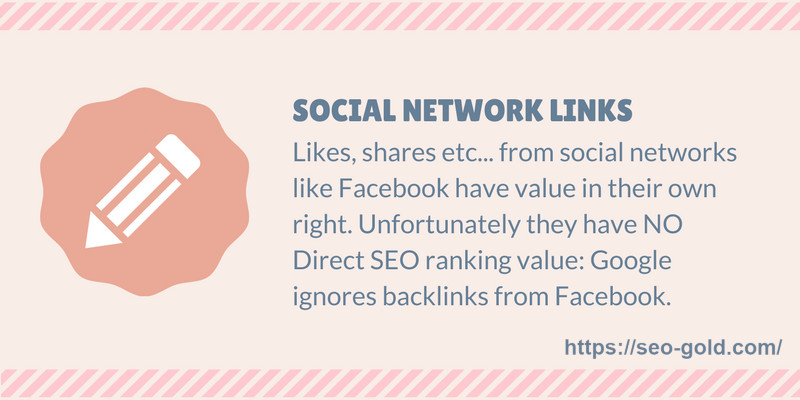
I share the articles regularly on Twitter and they generate hundreds of thousands of Twitter impressions a month. Each shared article uses the social media meta tags format above to generate the Tweets. I try to have a 2:1 ratio on my images so they look good on Twitter when shared.
Although sharing links on Twitter etc… has no direct SEO ranking value, when content is shared it can generate direct traffic and a small percentage might own blogs etc… and might link to your content: links definitely have direct SEO value.
Keywords Meta Tag
You might have already noticed I do NOT use the keywords meta tag, that’s because the keywords meta tag has ZERO SEO ranking value. Google for example has ALWAYS ignored this meta tags content, it’s a complete waste of time including one, but this is the format:
<meta name="keywords" content="Meta Keywords Tag : Google, ignores, the, keywords meta tag, don't, even, bother, adding, meta keywords">If you add a meta keywords tag in 2020 you do not understand even basic Google SEO, do not waste time creating keywords meta tags.
Do not assume just because big brands like Amazon use the meta keywords tag they have an impact on SERPs. Amazon has ALWAYS used the meta keywords tag, their SEO ‘experts’ will be too scared to remove them!
In conclusion meta tags are not important to good SERPs, so don’t waste too much time on them.
David Law

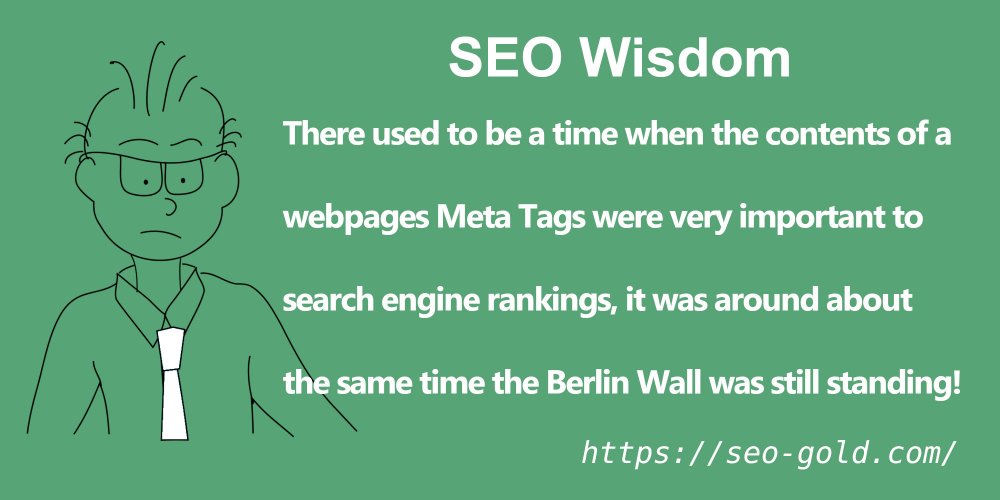
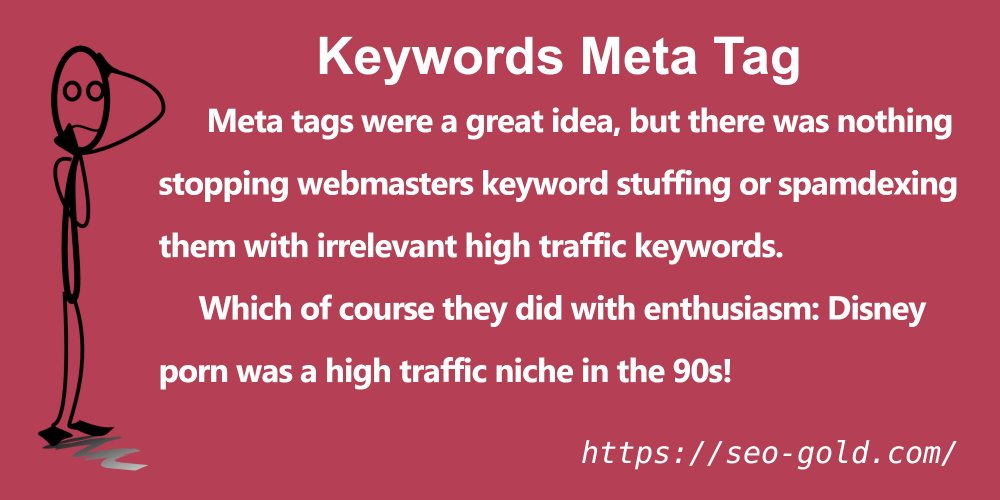
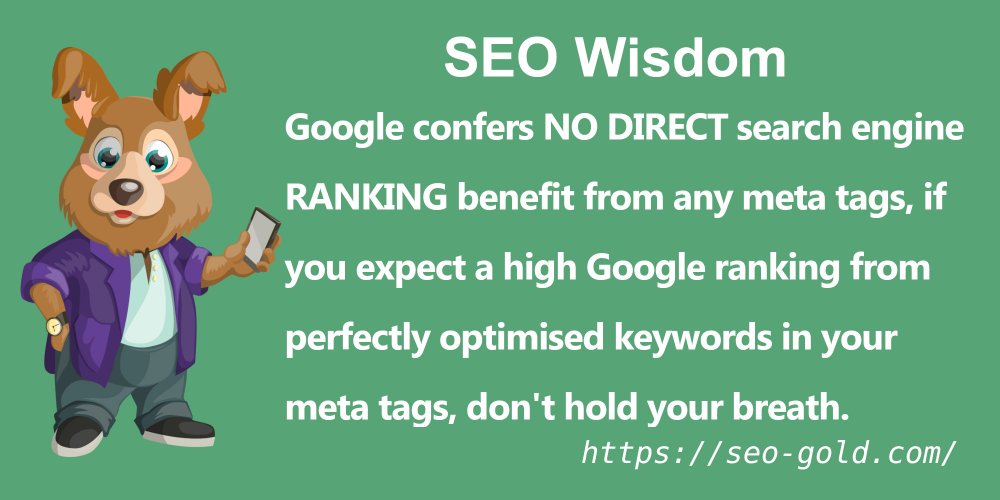
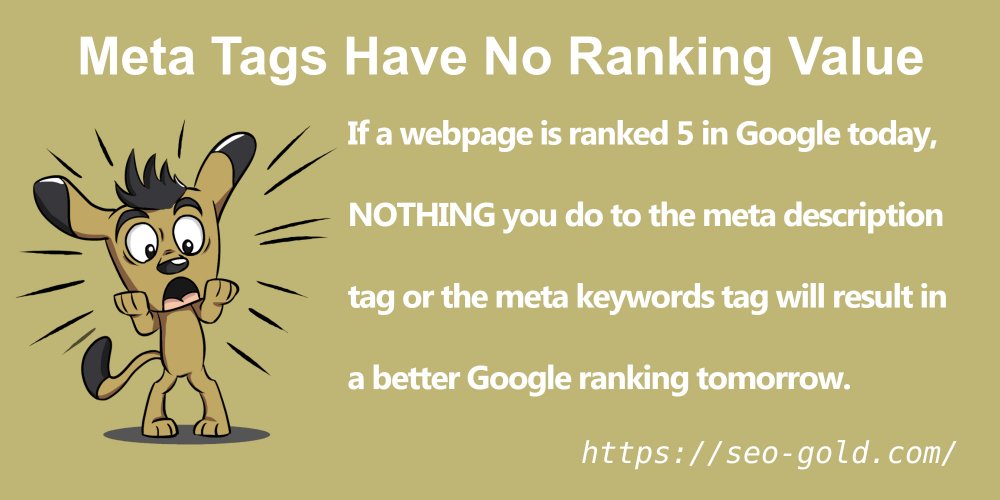
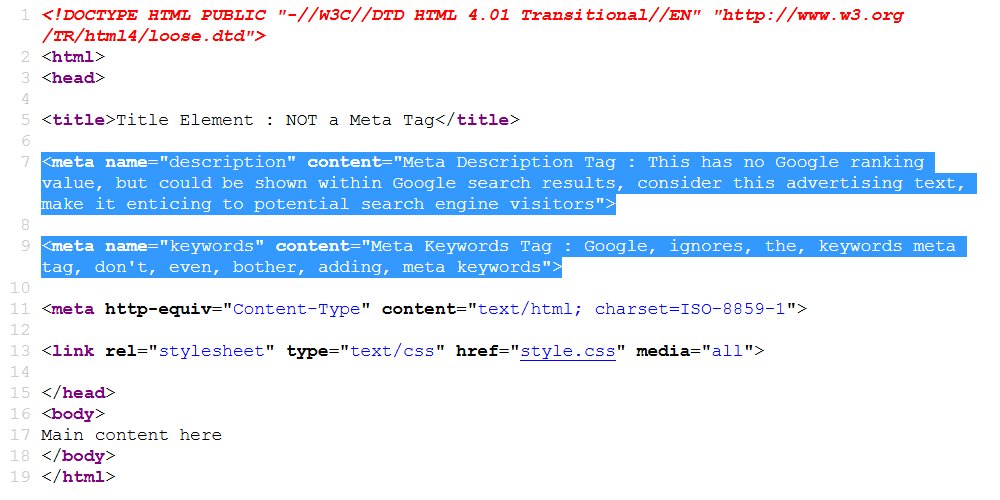
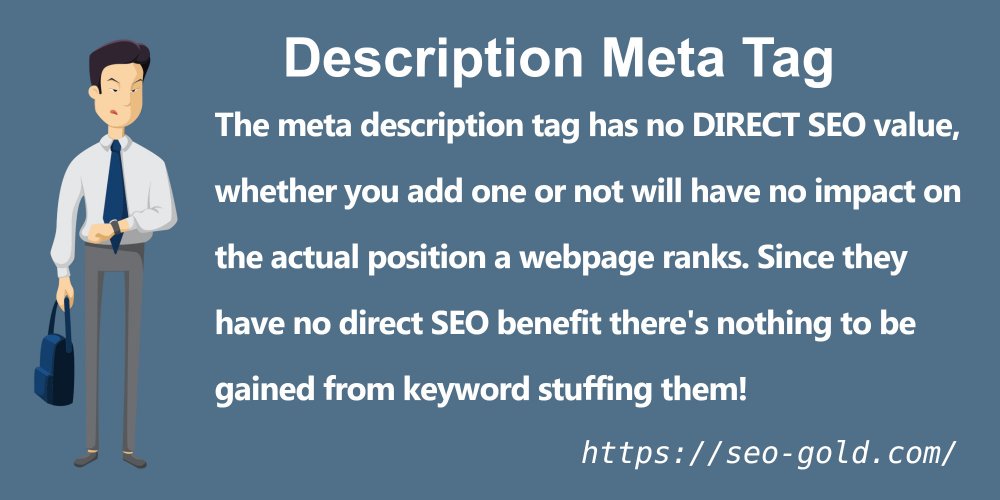
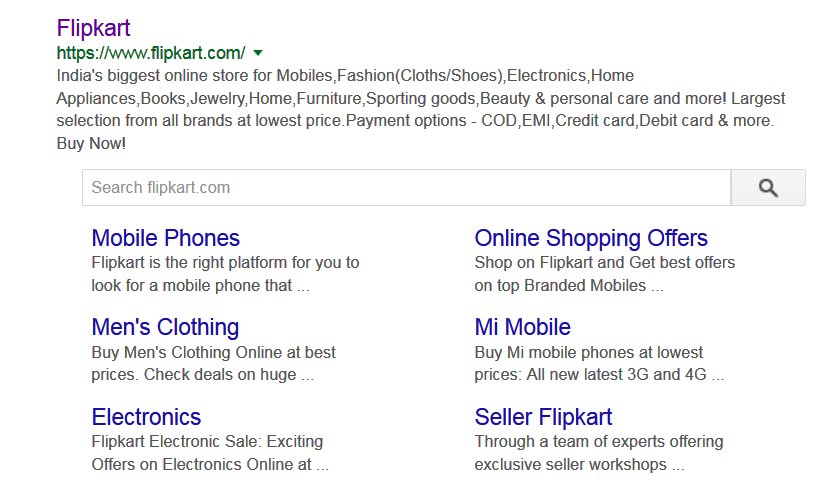
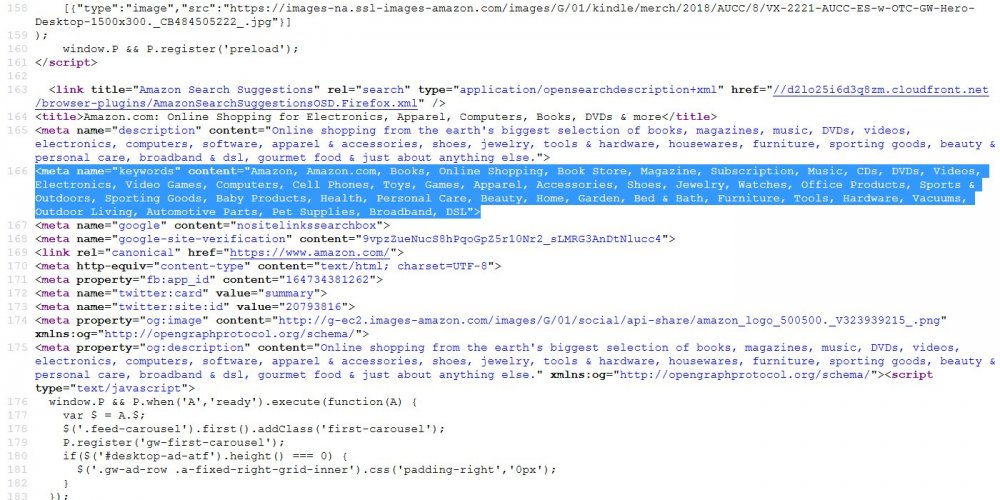


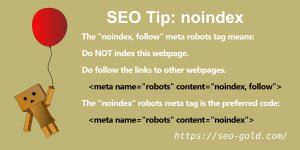
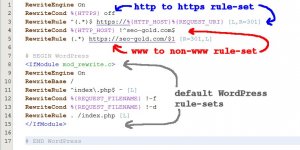
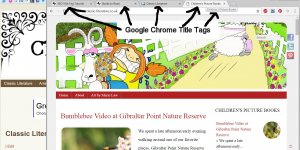



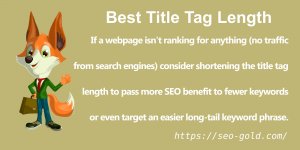

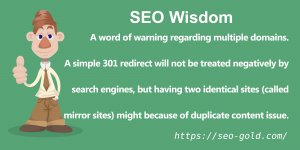
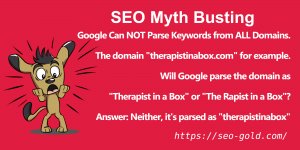

Search engine optimization is really a big open discussion because the rules never stop changing. SEO should not be seen as the end result or goal of your online effort, it should be a powerful tool you use to help more people discover the value you offer.
In conclusion meta tags are not important to good SERPs, so don’t waste too much time on them. –
That’s rubbish, i can rank first page for lots of longer tail keywords just with a small peice of content, a decent URL path and of course well written META tags. I would say the meta tags are the most important thing
Posted by Spike
Well after reading your tutorial, what I have learnt is that one should not worry much about meta tag optimization when considering your site’s SEO performance. I think OFF-page optimization practices with the quality content is the best way to go…
Need further guidelines from you.
Thank You.
Unless these come from a reputable sources working at Google and specifically with SEO department, I would take everything stated in the article with a huge grain of salt since I’ve been talking with the Google AdWords team who are there to help you after you first set up an Google AdWords account and they’ve asked explicitly to add a good description meta tag to help ranking… and that came straight from the sources!
Therefore, unless Google intentionally trains its employees giving them the wrong information, I wouldn’t rely on the advices given on this blog. This is one of the problem with those posting similar misinformation and causing many to mess up their SEO knowledge and sites.
I hope you subscribed to comments so you get the correct SEO information about using meta description tags.
From the main SEO tutorial article on meta tags SEO:
If Google Adwords employees are informing customers Google increases a webpages RANKINGS because of the meta description tags, then yes they are completely wrong.
Matt Cutts who works for Google’s web SPAM team occasionally confirms useful information those of us who run SEO tests already know.
Matt Cutts confirms meta KEYWORDS tag not used by Google, but meta description tag used for description sometimes. No indication if the meta description tag has ranking value.
See Matt Cutts comment on his blog at: https://www.mattcutts.com/blog/keywords-meta-tag-in-web-search/#comment-69954
From Matt Cutts again describing how to use the meta description tag, could not agree more with his advice in the video below.
I rarely create a meta description tag, would only create one if a webpage was gaining a high traffic SERP and the automated snippet was awful.
BTW Interesting the only Google employee others can use as a source must come from the Google SEO team, but your information is from a sales person from the Google AdWords team that deals with selling ad space, not Google SEO per se. Matt Cutts is the closest you’ll get to the “Google SEO team”, he deals with web SPAM infecting the Google search results.
David Law